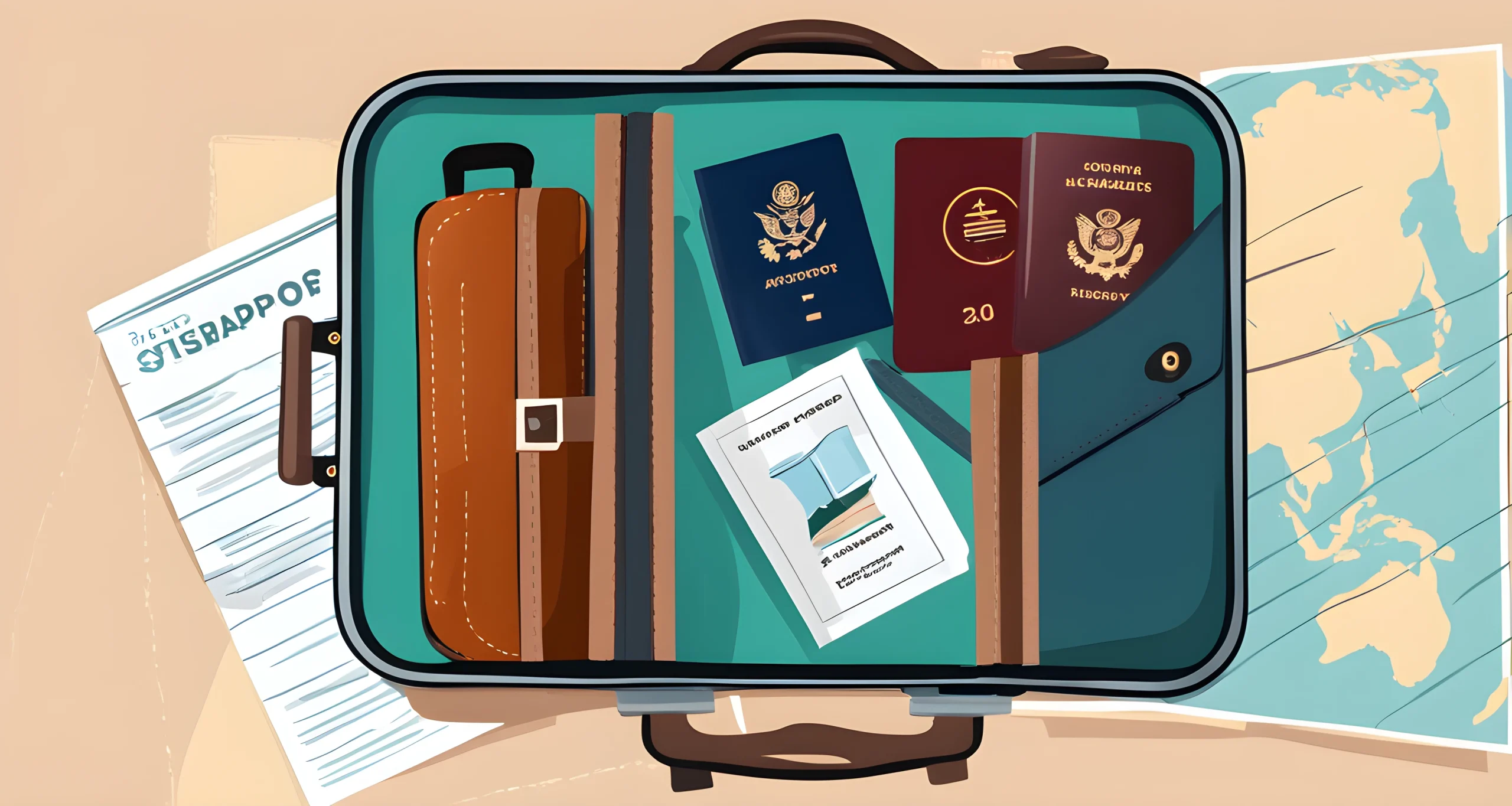Introduction
Welcome to the ultimate guide for budget travel in 2024! Traveling on a budget doesn’t mean sacrificing quality or missing out on amazing experiences. With careful planning, flexibility, and a willingness to explore cost-effective strategies, you can save big on your next trip.
In this article, we’ll provide you with detailed budget travel tips to help you make the most of your travel budget. Whether you’re dreaming of exploring exotic destinations, embarking on an epic road trip, or simply looking for a relaxing beach getaway, we’ve got you covered.
By following our tips, you’ll be able to Save on adventure travel and make your travel dreams a reality without breaking the bank. From choosing your destinations and duration to creating a detailed travel budget spreadsheet and making adjustments along the way, we’ll walk you through every step of the process.
So, get ready to learn how to stretch your travel dollars further and maximize your travel experiences. With our expert advice, you’ll be well-equipped to plan an affordable and unforgettable trip in 2024. Let’s dive in and start planning your next budget-friendly adventure!
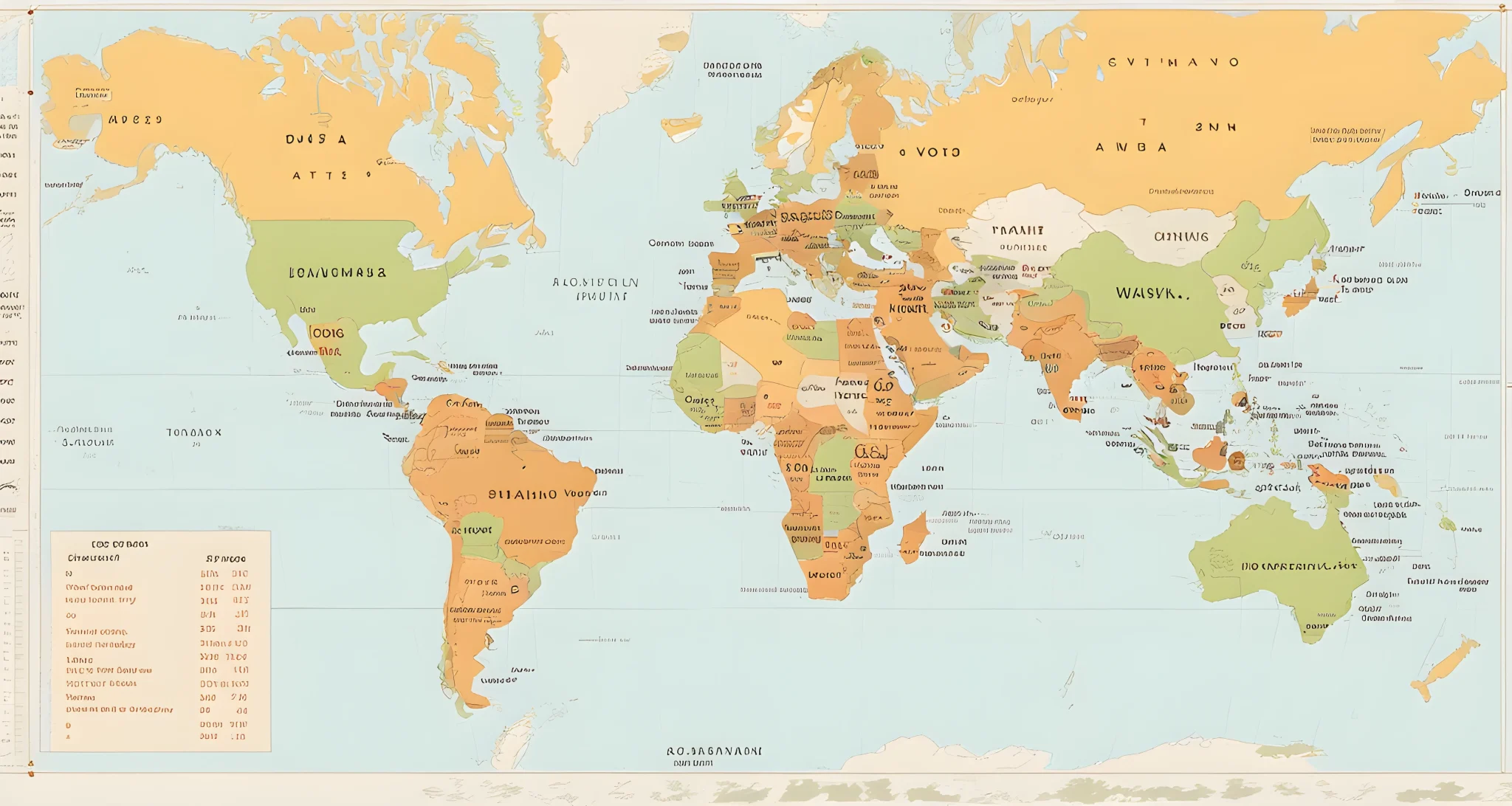
Choosing Your Destinations and Duration
When planning a budget travel adventure, it’s crucial to carefully consider your destinations and the duration of your trip. By choosing destinations with lower costs of living, such as India and Thailand, you can enjoy exotic experiences without breaking the bank. These budget-friendly destinations offer a wide range of attractions, from stunning beaches and vibrant cultural experiences to delicious cuisine.
Researching Destinations
Before finalizing your travel plans, take the time to research potential destinations and their average costs. Look for places that offer affordable accommodations, transportation, and dining options. Consider visiting Travel budgeting for extended stays to explore additional tips for long-term budget travel.
Duration of Your Trip
The duration of your trip also plays a significant role in your overall travel expenses. Longer trips may require a more detailed budget plan to ensure you can sustain your travels without running out of funds. When choosing the duration of your trip, keep in mind that longer stays in one destination can often lead to cost savings. Consider exploring slow travel options to fully immerse yourself in a destination without rushing through it.
Factors to Consider
When selecting your destinations and duration for budget travel, keep the following factors in mind:
- Cost of living: Choose destinations with lower overall costs of living to stretch your budget further.
- Exchange rate: Consider countries with favorable exchange rates to maximize the value of your money.
- Seasonality: Travel during off-peak seasons can lead to lower accommodation and transportation costs.
- Visa requirements: Research visa costs and requirements for each destination to avoid unexpected expenses.
By carefully considering these factors and researching potential destinations, you can create a travel itinerary that aligns with your budget while still offering unforgettable experiences. With the right planning, you can embark on an affordable adventure without sacrificing the quality of your travels.
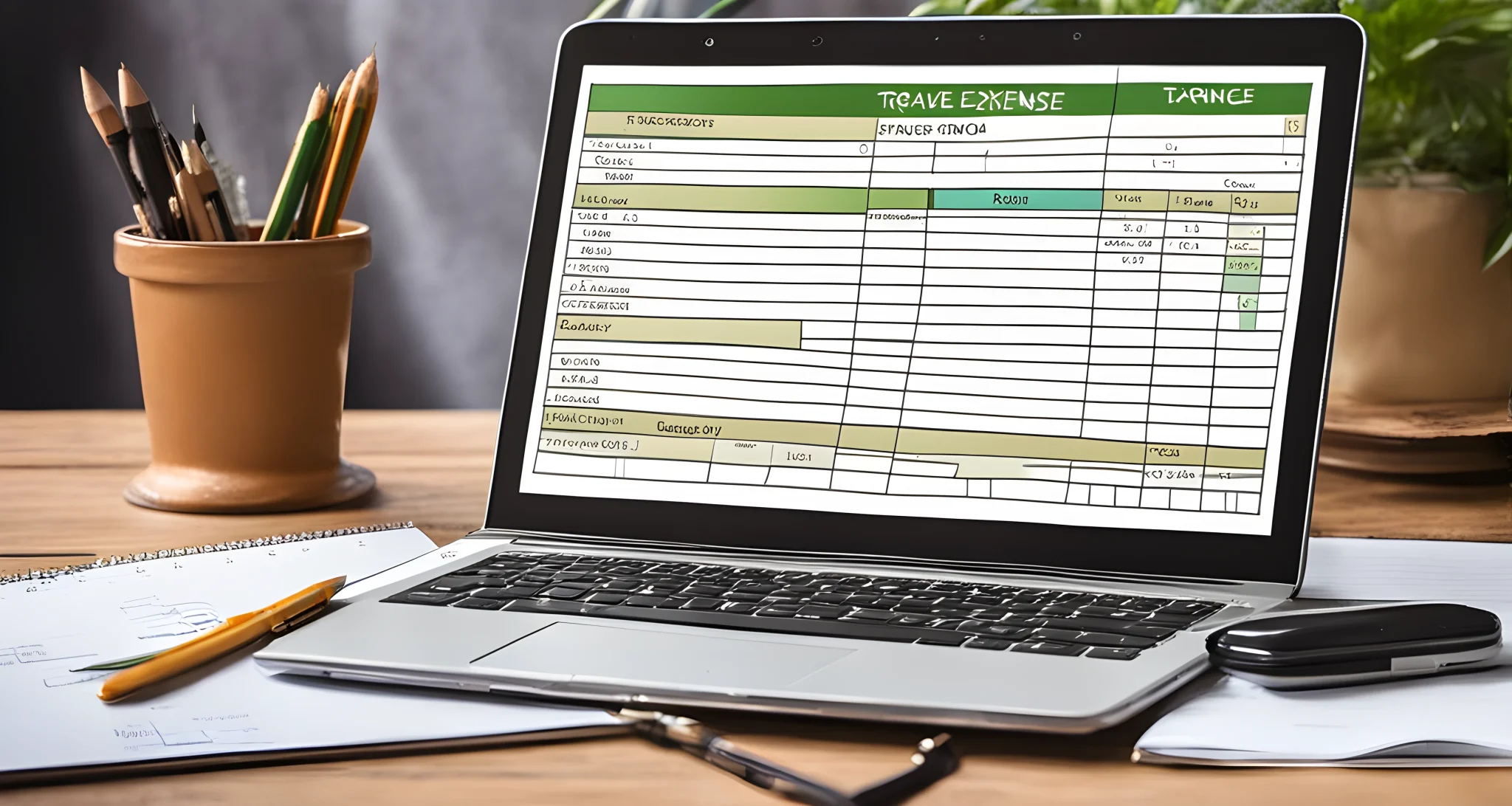
Researching Average Costs
When it comes to budget travel planning, researching average costs is a crucial step in ensuring that you stay within your financial limits. One useful tool for estimating daily costs at your destination is Budget Your Trip, which provides valuable insights into the typical expenses you can expect to incur Budget Your Trip. By using this online resource, you can gain a better understanding of the financial requirements for your trip and make informed decisions about your travel budget.
Identifying Savings Opportunities
By researching average costs, you can identify areas where you can save money during your travels. This could include finding affordable accommodation options, dining at budget-friendly restaurants, and using public transportation instead of relying on expensive taxis. Being aware of the average costs at your destination allows you to make strategic decisions that align with your budget.
Off-Peak Travel
Another cost-saving strategy is to research the best times to visit your desired destinations during their off-peak periods. Traveling during low season not only allows you to avoid crowds but also often results in lower prices for accommodation and activities. By being flexible with your travel dates and choosing to visit destinations during quieter times, you can save significantly on expenses.
Making Informed Decisions
Researching average costs empowers you to make informed decisions about how to allocate your travel budget. Whether it’s choosing between different accommodation options, dining choices, or transportation methods, having a clear understanding of typical expenses helps you prioritize where to spend and where to save.
By taking the time to research average costs using tools like Budget Your Trip and identifying off-peak travel periods, you can set realistic financial expectations for your journey. This knowledge enables you to make informed decisions about how to manage and allocate your travel budget effectively, ensuring that you make the most of your resources while still having an enjoyable travel experience.
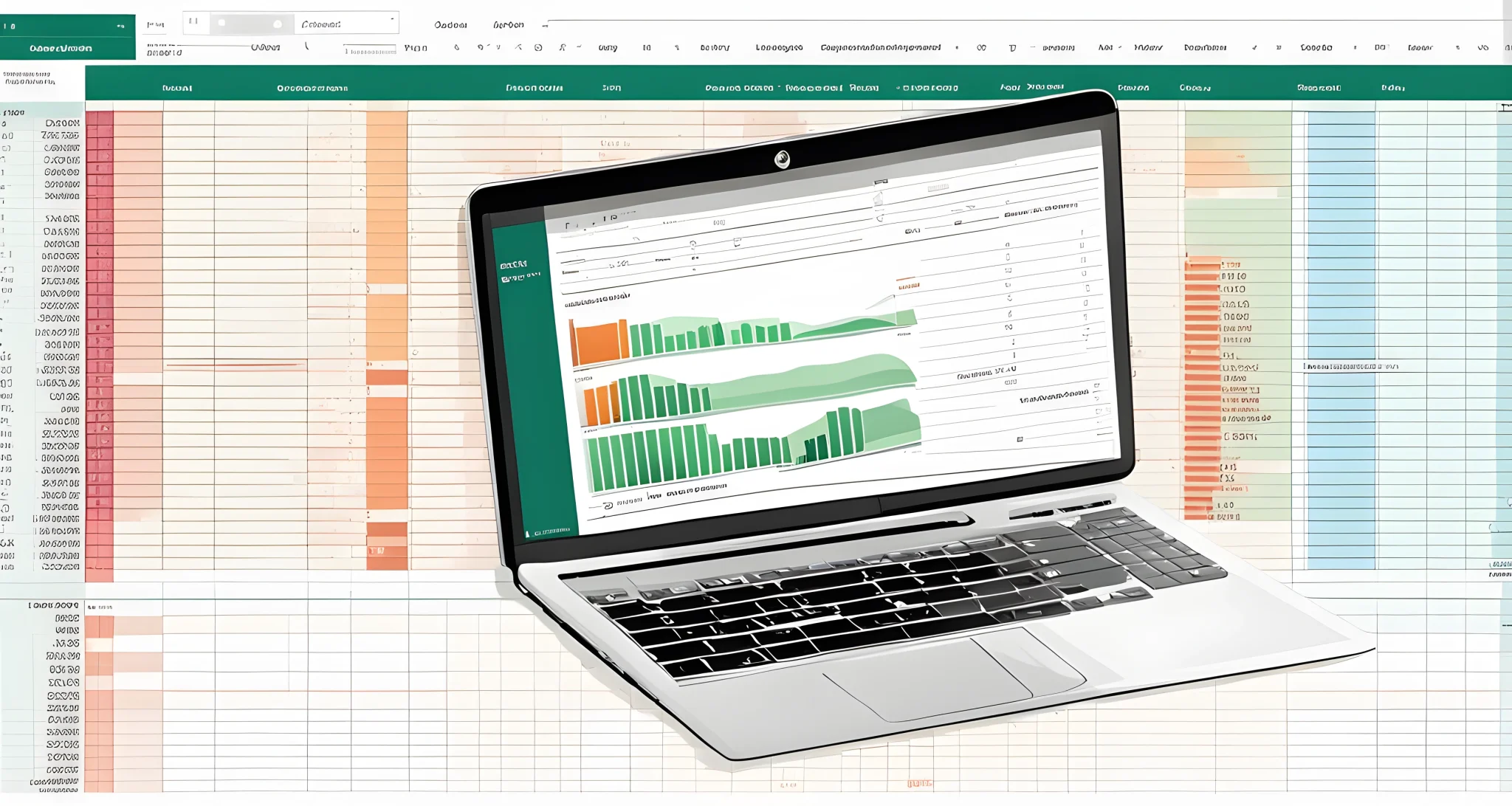
Creating a Detailed Travel Budget Spreadsheet
When it comes to budget travel in 2024, creating a detailed travel budget spreadsheet is essential. This will help you stay organized and on track with your finances throughout your trip. Here are some tips to help you effectively create and manage your travel budget spreadsheet:
Break Down Costs into Categories
- Divide your expenses into categories such as transportation, lodging, food, and activities. This will give you a clear overview of where your money is going and help you make adjustments if needed.
- Utilize online tools and resources to help you create and manage your budget spreadsheet effectively. Websites like Low-budget world travel tips can provide valuable insights and tools for budgeting your trip.
Utilize Online Tools and Resources
- There are many online tools and resources available to help you create and manage your travel budget spreadsheet. Look for budgeting apps, templates, or software that can simplify the process for you.
- These tools can also help you track expenses, set spending limits, and even convert currency if you are traveling internationally.
Stay Organized and On Track
- Keeping track of your expenses in a detailed spreadsheet will help you stay organized and on track with your budget. Update the spreadsheet regularly with all expenses to ensure that you are aware of where your money is going.
- By monitoring your spending in real-time, you can make adjustments as needed to avoid overspending in certain areas.
Make Adjustments as Needed
- As you travel, it’s important to be flexible with your budget. Unexpected expenses may arise, or you might find that certain activities or accommodations cost more than anticipated.
- Be prepared to make adjustments to your budget as needed, whether it’s cutting back on spending in one area to allocate more funds to another, or finding alternative options that better fit within your budget.
By creating a detailed travel budget spreadsheet and utilizing online tools and resources, you can effectively manage your finances while enjoying a memorable and affordable trip in 2024.
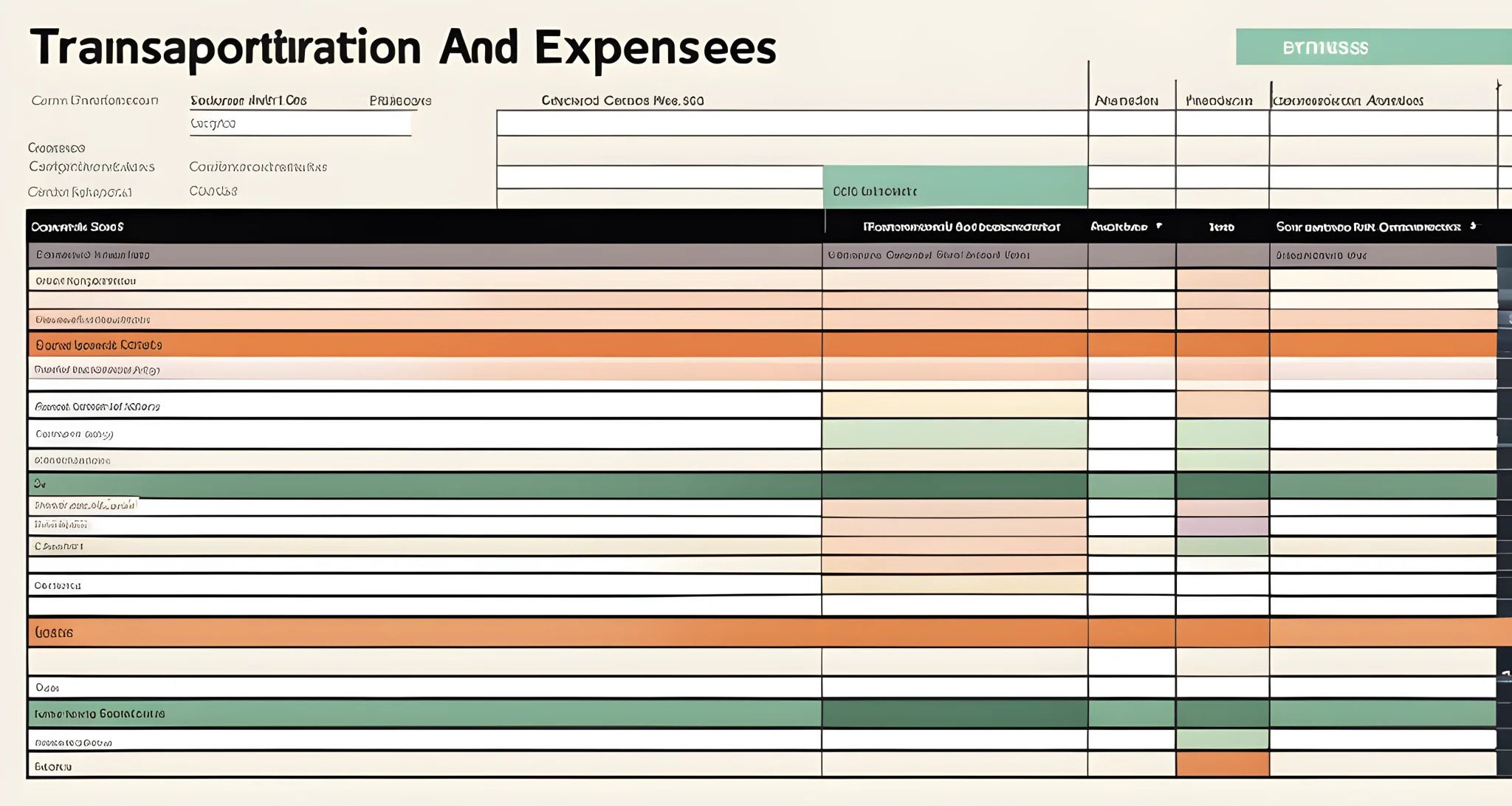
Refining Your Budget with Expense Categories
When it comes to budget travel, refining your budget with expense categories can be a game changer. By breaking down your expenses into specific categories, you can gain a better understanding of where your money is going and identify areas where you can cut costs. Here are some tips for refining your budget with expense categories:
Tracking Your Expenses
- Accommodation: This category includes expenses such as hotel stays, Airbnb rentals, or hostel fees.
- Transportation: Track expenses related to flights, trains, buses, taxis, or rental cars.
- Food: This category covers all meals and snacks, including dining out and groceries.
- Activities: Include expenses for sightseeing tours, museum admissions, and any other activities you plan to do during your trip.
- Miscellaneous: This category can include things like souvenirs, tips, and other unexpected expenses.
Using a Detailed Travel Budget Spreadsheet
Creating a detailed travel budget spreadsheet is crucial for tracking your expenses. You can use a template or create your own spreadsheet to categorize and track each expense. This will help you see exactly where your money is going and identify areas where you can make cuts.
Making Adjustments
Once you have tracked your expenses by category for a while, you can identify areas where you may be overspending. For example, if you notice that you are spending a lot on dining out, you can look for ways to cut costs in that category. This might include Frugal Eating on Vacation by cooking some meals at your accommodation or finding budget-friendly dining options.
Staying on Track
By refining your budget with expense categories, you can stay on track with your spending and make adjustments as needed. This will help ensure that you stick to your overall travel budget and avoid overspending.
By using these strategies to refine your budget with expense categories, you can take a more detailed and comprehensive approach to managing your travel budget. This will ultimately help you save big on your next trip while still having an amazing travel experience.
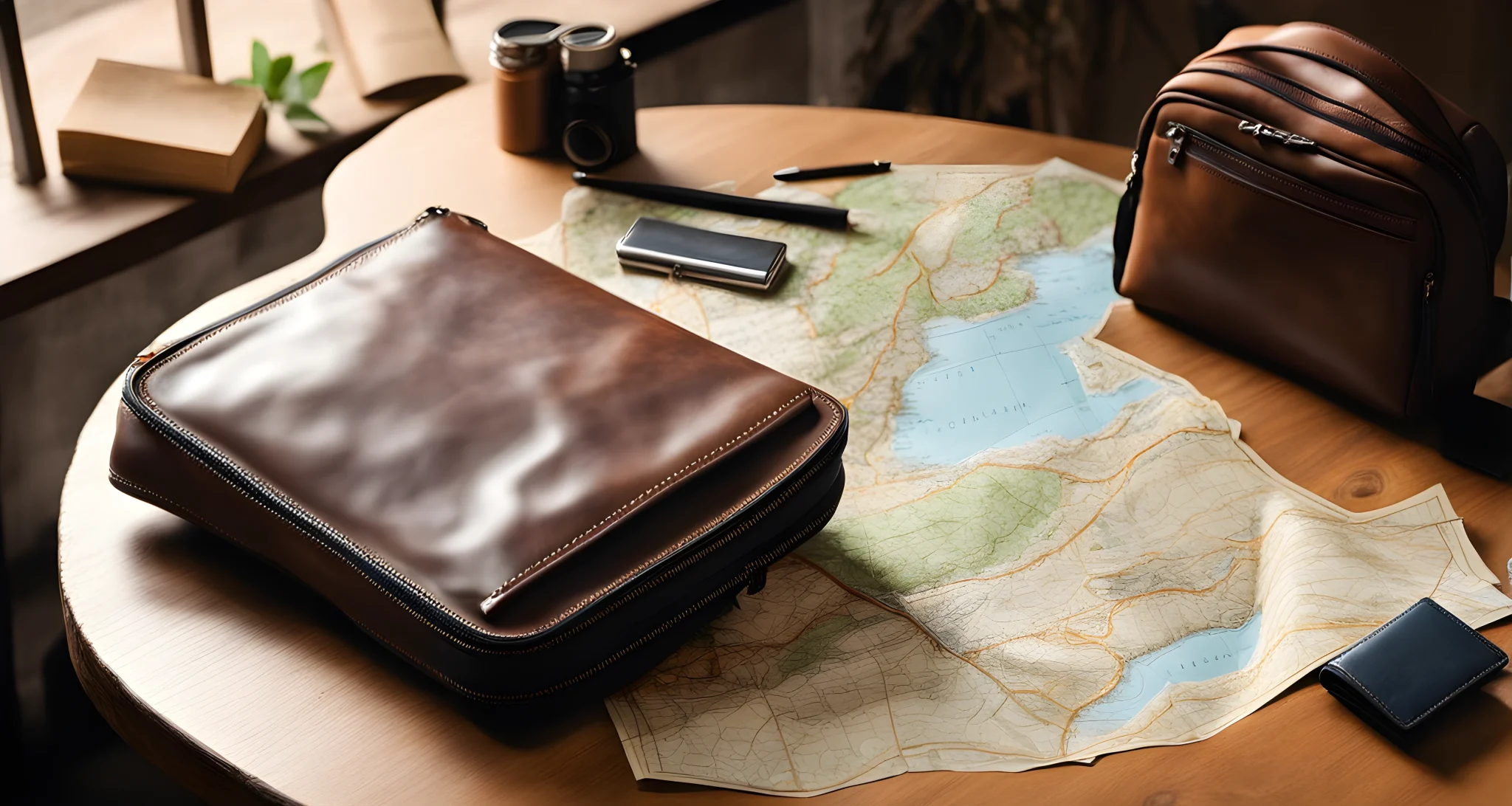
Budgeting by Item or Category
When it comes to managing your travel budget, having a clear strategy in place can make all the difference. Budgeting by item or category is an effective method that allows you to track your expenses in a way that suits your preferences and travel style.
Tracking by Item
- Tracking expenses by specific items can be useful for travelers who prefer to have a detailed breakdown of their spending.
- This method involves listing individual purchases such as meals, transportation, accommodation, and entertainment.
- By tracking expenses on a per-item basis, you can gain insight into where your money is going and identify areas where you may be able to cut back.
Categorizing Expenses
- On the other hand, budgeting by broader categories can provide a more general overview of your spending.
- This approach involves grouping expenses into categories such as food, lodging, transportation, and activities.
- Categorizing expenses can help simplify budget tracking and make it easier to identify patterns in your spending habits.
Choosing the Right Strategy
Regardless of whether you prefer to track expenses by specific items or broader categories, choosing a budgeting strategy that suits your preferences and travel style is key.
Both methods have their benefits, and the right approach for you will depend on how detailed you want your budgeting to be.
By using a combination of both strategies, you can gain a comprehensive understanding of your spending habits while also maintaining an organized budget. Whether you are a meticulous planner or prefer a more general overview of your finances, finding the right balance is essential for staying on top of your travel budget.
Ultimately, the goal of budgeting by item or category is to help you stay organized and in control of your finances while traveling. By having a clear understanding of where your money is going, you can make informed decisions about how to allocate your funds and ensure that you stay within your budget throughout your trip.
For more travel budget tips, check out Top Travel Budget Ideas.
Incorporating these strategies into your travel planning can help you make the most of your budget and ensure that you have a stress-free and enjoyable trip.
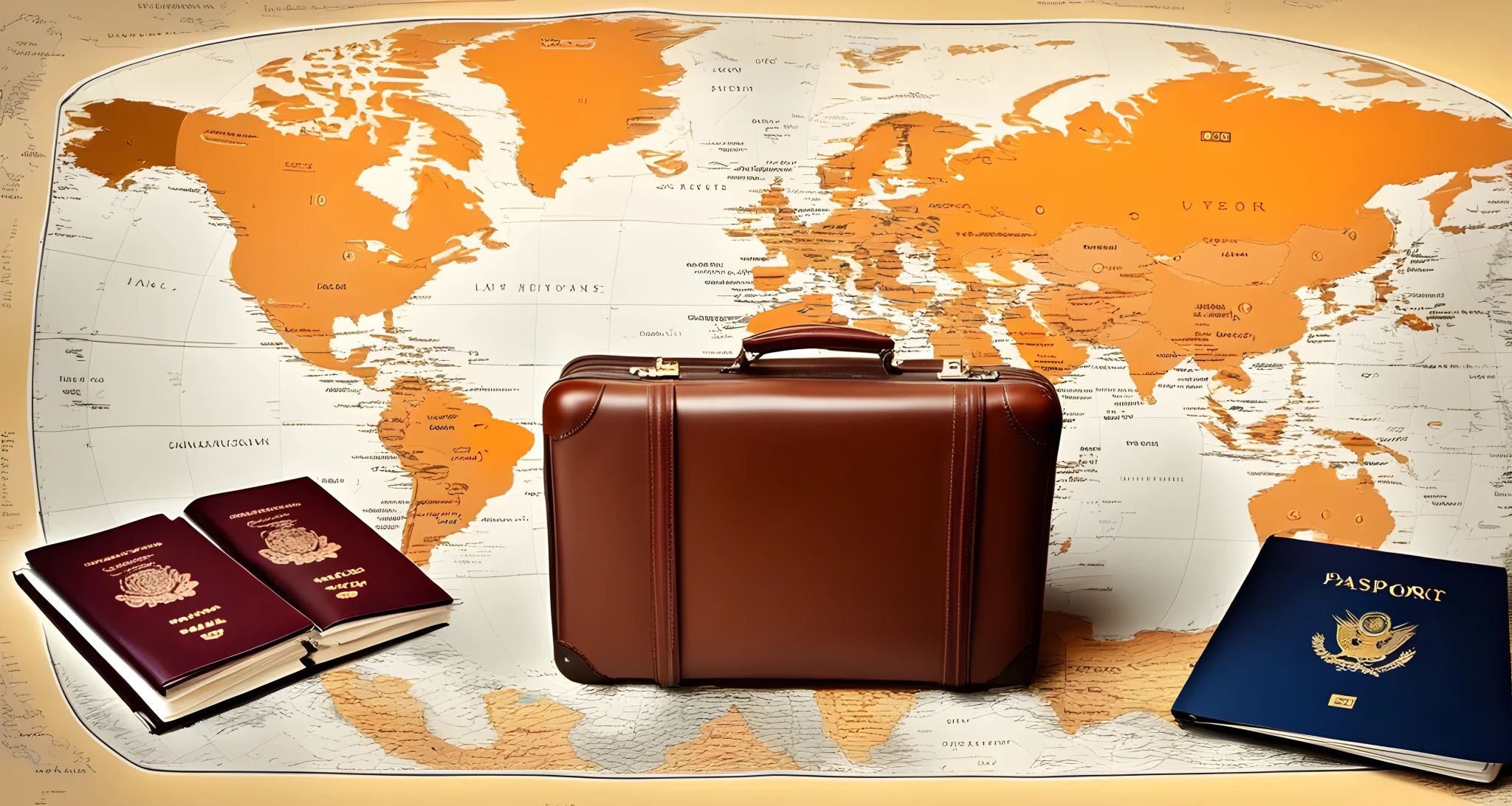
Making Adjustments and Staying on Track
When it comes to budget travel, making adjustments and staying on track with your budget is crucial for a successful trip. Here are some tips to help you stay within your budget while still having a fantastic travel experience:
-
Be Flexible: Flexibility is key when it comes to budget travel. Being open to adjusting your plans can save you money. For example, consider traveling during off-peak seasons or choosing destinations with lower living costs. This flexibility can help you stretch your budget further and make the most out of your trip.
-
Take Advantage of Discounts: Look out for early-bird discounts on accommodations, attractions, and transportation. Many hotels and airlines offer early booking discounts that can significantly reduce your overall travel expenses. Additionally, consider using city passes or tourist cards, which can provide modest discounts on popular attractions. For more tips on saving money during solo travel, check out Solo Trip Budget Tips.
-
Consider Budget Airlines: Budget airlines offer affordable transportation options, allowing you to save on flights and allocate more of your budget to experiences at your destination. Keep an eye out for promotions and deals from budget airlines to score even greater savings.
-
Monitor Your Expenses: Keep track of your spending throughout your trip to ensure you stay within your budget. If you notice that you’re overspending in one area, look for ways to cut back in other areas to balance it out.
-
Refine Your Budget: As you travel, you may encounter unexpected expenses or find that certain costs are higher than anticipated. Refine your budget as needed by reallocating funds from one category to another. This flexibility will help you stay on track financially without missing out on the experiences you want.
By being flexible with your plans, taking advantage of discounts, considering budget airlines, and refining your budget as needed, you can stay on track with your budget while still enjoying the best experiences at your destination.
Budget travel doesn’t mean cutting corners – it’s about being resourceful and making the most of what you have. With careful planning and savvy decision-making, you can have an amazing travel experience without breaking the bank.
FAQ
What are some budget-friendly travel destinations for 2024?
Some budget-friendly destinations for 2024 include india and thailand, which offer exotic experiences at a lower cost due to their lower costs of living.
How can i save on flights and accommodations for my 2024 travel?
You can save on flights and accommodations by booking well in advance to take advantage of early-bird discounts. use comparison sites like skyscanner and booking.com to find the best deals.
When is the best time to travel on a budget in 2024?
Traveling during off-peak seasons will allow you to enjoy lower prices for accommodations, fewer crowds, and a more relaxed experience. research the best times to visit your desired destinations during their off-peak periods.
Are there any cost-effective strategies for visiting popular tourist attractions?
You can invest in city passes or tourist cards that provide modest discounts on popular attractions, helping you save on entrance fees and other costs.
